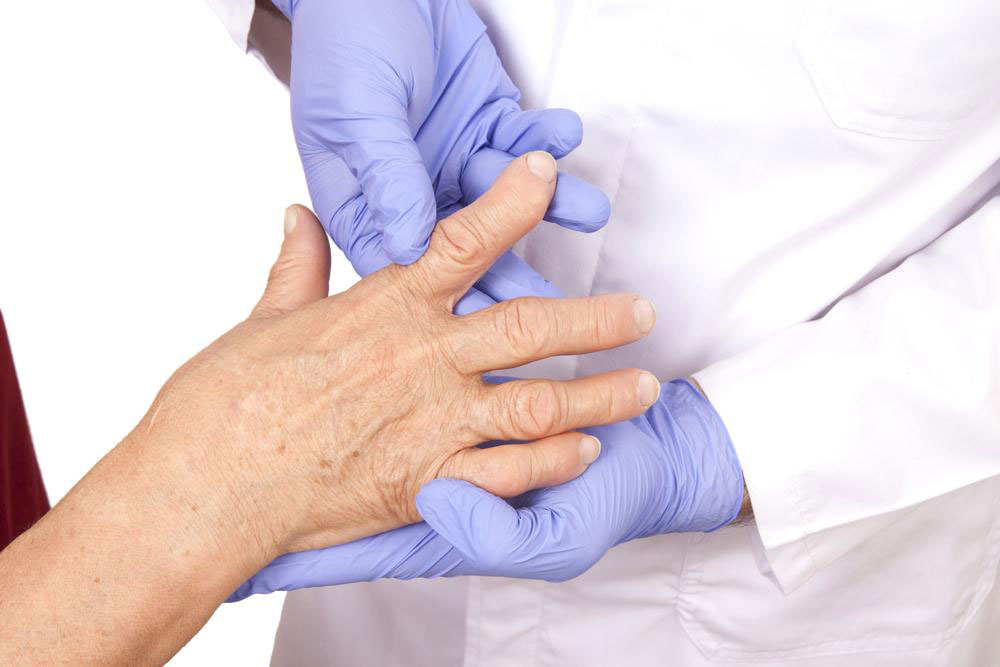Comprehensive Guide to Understanding Colitis
This comprehensive guide to colitis covers its causes, symptoms, types, and treatment options. It explains infectious, ischemic, inflammatory, microscopic, chemical, and medication-related colitis. The article emphasizes the importance of medical consultation for effective management and highlights common signs like diarrhea, pain, and blood in stool. With insights into prevention and care, it aims to educate readers about recognizing and seeking treatment for colitis effectively.

Comprehensive Guide to Understanding Colitis
Colitis refers to inflammation of the large intestine or colon, commonly caused by infections, which can be bacterial or viral. When the colon becomes inflamed, symptoms such as altered bowel habits, fatigue, abdominal cramps, and pain often occur. Proper diagnosis and treatment depend on the specific type and severity of colitis.
Infectious colitis
This form results from bacterial or viral infections like E coli, Salmonella, or Campylobacter, leading to bloody diarrhea and dehydration. Parasites can also cause colitis through contaminated water intake. Additionally, C. difficile bacteria, often linked to antibiotic use, can lead to pseudomembranous colitis by disrupting normal gut bacteria.
These infectious agents are common culprits of colitis. Ischemic colitis occurs when blood flow to the colon is reduced due to narrowed arteries from atherosclerosis or mechanical issues like volvulus or hernias. Low blood pressure from anemia, dehydration, or shock can also cause this condition, resulting in pain, fever, and significant bleeding.
Inflammatory Bowel Disease (IBD) encompasses ulcerative colitis and Crohn’s disease. Ulcerative colitis involves an autoimmune attack on the colon, starting locally and spreading, with symptoms including abdominal pain and bloody bowel movements. Crohn’s can affect any part of the digestive tract from mouth to anus.
Microscopic colitis, including collagenous and lymphocytic types, features inflammation visible under a microscope, often presenting as watery diarrhea, especially in older women. Chemical and medication-induced colitis result from exposure to harmful chemicals or overuse of drugs like NSAIDs, leading to inflammation and tissue damage.
Seeking prompt medical attention is vital for persistent diarrhea, dehydration signs, severe abdominal pain, or blood in stool. Treatment varies — ischemic colitis may require IV fluids or surgery if tissue becomes necrotic. IBD management involves anti-inflammatory medications and immune suppressants, with surgery as a last resort. Always consult a doctor before medication use, as self-treatment can be risky.










